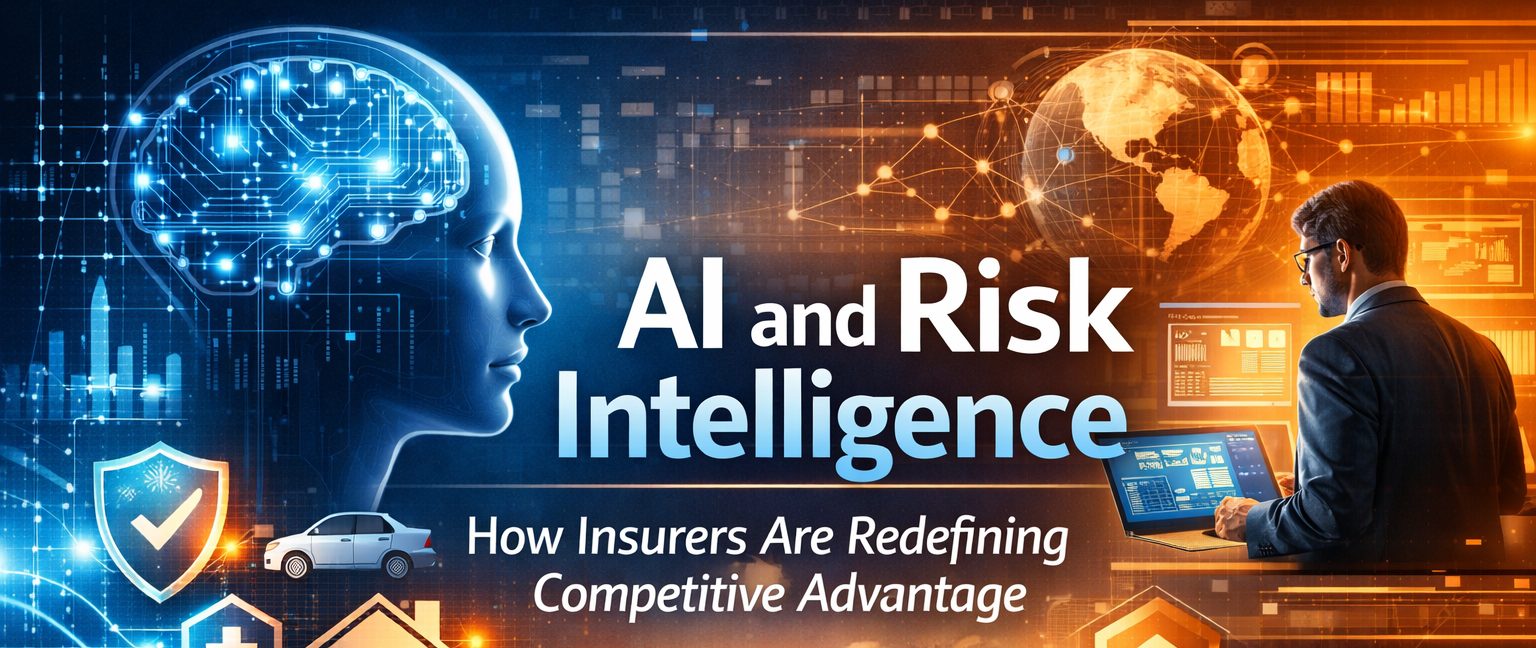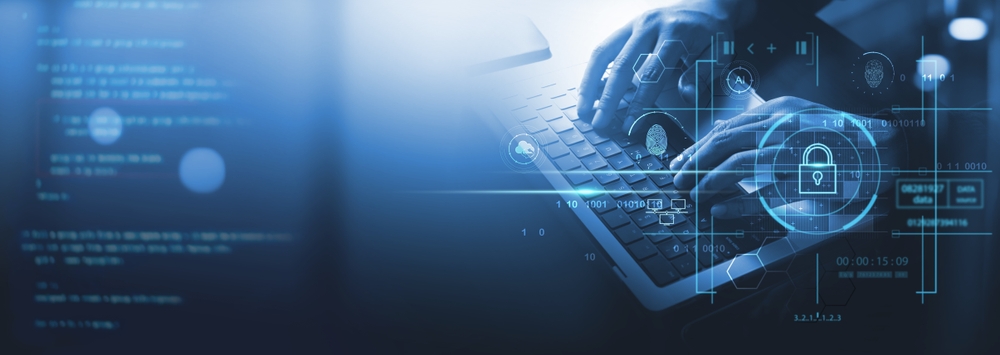The year is 2030, and the latest eco-friendly smartphone has just hit the shelves. It’s sleek, powerful, and crafted from 100% recycled materials. Its launch event is unlike any other: no glossy posters or oversized billboards. Instead, it’s accompanied by a digital pledge to offset its carbon footprint. The audience is captivated, not just by the product but by its story—one of sustainability, responsibility, and innovation. The most surprising twist? This isn’t a prediction. It’s happening now.
As consumers increasingly demand sustainable products, the consumer electronics market is witnessing a seismic shift. For companies in this space, the challenge is clear: How do you not only create eco-friendly innovations but also identify and connect with the growing market of sustainability-focused buyers?
Let’s explore how businesses can leverage data-driven strategies to generate and qualify leads in the eco-friendly consumer electronics sector.
The Rise of the Conscious Consumer
The modern consumer is more informed and selective than ever. Sustainability is no longer a “nice-to-have”; it’s a “must-have.” A recent survey revealed that over 70% of global consumers are willing to pay a premium for sustainable electronics. This growing demand spans demographics, with younger generations driving the movement and older buyers aligning their values.
However, identifying potential buyers isn’t as simple as categorizing them by age or geography. True eco-conscious consumers prioritize:
- Products with verified sustainability certifications.
- Brands committed to ethical manufacturing and waste reduction.
- Transparency in materials, sourcing, and recycling programs.
This nuanced behavior requires advanced segmentation and lead qualification strategies—and that’s where data-driven approaches shine.
Storytelling in Sustainability: Engaging Leads
Eco-conscious leads often resonate with brands that tell compelling, authentic stories. Imagine a consumer electronics company launching a refurbished tablet line. Instead of focusing solely on specs, the marketing campaign highlights the reduction in e-waste equivalent to saving 10,000 trees. The story spreads across digital platforms, attracting environmentally aware buyers.
A lead generation campaign can leverage this storytelling approach by:
- Using Narrative Marketing: Highlighting the human and environmental impact of the product.
- Interactive Content: Launching quizzes like “What’s Your Eco-Impact Score?” to educate while gathering lead data.
- Social Proof: Sharing testimonials from consumers who feel empowered by their sustainable choices.
Advanced Eco-Friendly Consumer Electronics Lead Generation Strategies
Generating leads is only half the battle. Qualifying them requires precision. Here’s how to identify high-value prospects in the eco-friendly electronics market:
Behavioral Data Analysis
- Track website behavior, such as time spent on sustainability-related pages, interaction with product detail pages emphasizing eco-certifications, and clicks on recycling program links.
- Use heatmaps and clickstream data to identify which features or sustainability claims resonate most with visitors.
Sustainability Triggers
- Engage leads who interact with eco-focused certifications or recycling programs.
- Create automated workflows to follow up with prospects who download sustainability reports or engage with eco-friendly product showcases at trade events.
Lifestyle Segmentation
- Use surveys, purchase histories, and social media listening tools to segment leads based on eco-conscious lifestyles. This might include identifying consumers who already own sustainable electronics or actively participate in environmental initiatives.
- For example, leads who actively discuss green energy or circular economy concepts on social platforms can be prioritized for targeted outreach.
Eco-Conscious Content Engagement
- Analyze engagement with content such as blogs, videos, or infographics on topics like reducing electronic waste, energy-efficient devices, or sustainable tech trends.
- Leads that consistently consume this type of content are likely to align their purchasing decisions with sustainability values.
Predictive Scoring Models
- Implement machine learning algorithms to score leads based on factors such as past interactions, demographic data, and behavioral indicators. Weight these models to prioritize eco-conscious behaviors, such as purchasing refurbished electronics or joining green tech communities.
Partnership and Referral Data
- Collaborate with eco-certification organizations or recycling program partners to access data on individuals or businesses actively participating in green initiatives.
- These partnerships can uncover leads with a proven track record of sustainable practices.
Intent Data
- Monitor third-party intent data sources to track companies or individuals researching topics related to eco-friendly electronics.
- Identify leads showing strong purchase intent through consistent queries about sustainability certifications, energy efficiency, or ethical sourcing.
Customized Follow-Up
- Tailor follow-up strategies based on the depth of a lead’s interaction. For instance, a lead who has visited the “Our Impact” page multiple times could receive a detailed email about your brand’s sustainability journey, while one who downloaded a technical report might get an invitation to a webinar about eco-friendly innovations.
Real-World Use Cases
- Engaging Green Enthusiasts: A startup tracked interactions on its e-commerce site and noticed a surge in clicks on its “Sustainability Initiatives” page. They targeted these visitors with personalized email campaigns, leading to a 25% increase in conversions.
- Gamifying Recycling: A company incentivized consumers to recycle old devices through an app. The app tracked recycling efforts and awarded points, which were redeemable for discounts on new eco-friendly products. This initiative not only generated leads but also built long-term brand loyalty.
Why Precision Matters in Sustainability-Driven Marketing
Sustainability is personal. The motivations driving one eco-conscious buyer may differ vastly from another. Some prioritize reducing carbon footprints, while others focus on waste management or energy efficiency. Precision targeting ensures your outreach aligns with these diverse priorities, creating stronger connections and higher conversion rates.
Embrace Data-Driven Eco-Friendly Consumer Electronics Lead Generation Strategies with Cognition
In the rapidly evolving world of eco-friendly consumer electronics, generating and qualifying leads requires a strategic blend of data insights, creativity, and authenticity. Cognition empowers businesses with bespoke lead generation and qualification solutions tailored to identify, engage, and convert high-value prospects. Whether it’s advanced analytics, tailored outreach, or crafting compelling narratives, we help you connect with the conscious consumers shaping tomorrow’s market. Let us be your partner in building a sustainable future—reach out to explore what’s possible.






 Hi, This is Emma. Let’s get the conversation started!
Hi, This is Emma. Let’s get the conversation started!